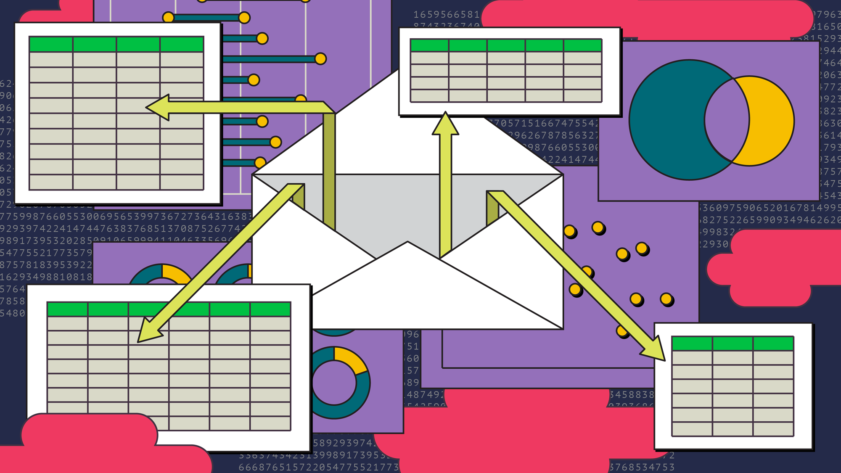Data Is Plural is a weekly newsletter of useful/curious datasets. This edition, dated Aug. 3, 2022, has been republished with permission of the author.
Employee benefit plans. U.S. companies that offer their employees a retirement plan, such as a pension or 401(k), must report the particulars of those plans through Form 5500—a creation of the IRS, Department of Labor, and Pension Benefit Guaranty Corporation. Employers offering health plans, vacation, or other welfare benefits to 100-plus workers must typically report those, too. The Department of Labor publishes datasets with details from all Form 5500 submissions going back to 1999, as well as a search tool that goes back to 2010. Related: Through a FOIA request, Dan Bauman has obtained decades of metadata on 80,000-plus “top hat” statements, which concern plans “providing deferred compensation for a select group of management or highly compensated employees.” [h/t Vincent Cocula]
European cropland. Maja Schneider et al.’s EuroCrops project combines “all publicly available self-declared crop reporting datasets from countries of the European Union.” So far, that universe corresponds to the entirety or parts of 16 countries. The project’s datasets include various attributes from the original data files, geographic coordinates for each agricultural parcel, and each parcel’s primary crop type, which the authors have standardized using a taxonomy they devised.
Christianity in China. The China Historical Christian Database, a project based at Boston University’s School of Theology, spans the years 1550 to 1950. Launched last week, it provides “tools to discover where every Christian church, school, hospital, orphanage, publishing house, and the like were located in China,” plus “who worked inside those buildings, both foreign and Chinese.” The database, available to download and explore online, describes 33,000-plus people, 7,000-plus organizations, the relationships between those entities, and more.
Data governance ratings. A new report from George Washington University’s Digital Trade and Data Governance Hub rates 68 countries on their approaches to data governance. It scores each country on 26 indicators across six categories—for instance, whether it has a personal data protection law, publishes an open data portal, and/or says it adheres to the OECD AI Principles. Previously: The Global Data Barometer (DIP 2022.05.18). [h/t Susan Ariel Aaronson]
Diplomatic gifts. Federal employees are not supposed to accept major gifts from foreign governments. But exceptions occur, such as “when it appears that to refuse the gift would likely cause offense or embarrassment,” and agencies must annually report those exceptions in the Federal Register. In 2020, Alex Cookson fetched and parsed those reports, yielding information (donor name and country, recipient name and agency, gift description and value) on 8,300-plus gifts from 1999 to 2018. Previously: Congressional “gift travel” (DIP 2016.04.27).
Notice: Unlike most of our content, this edition of Data Is Plural by Jeremy Singer-Vine is not available for republication under a Creative Commons license.




